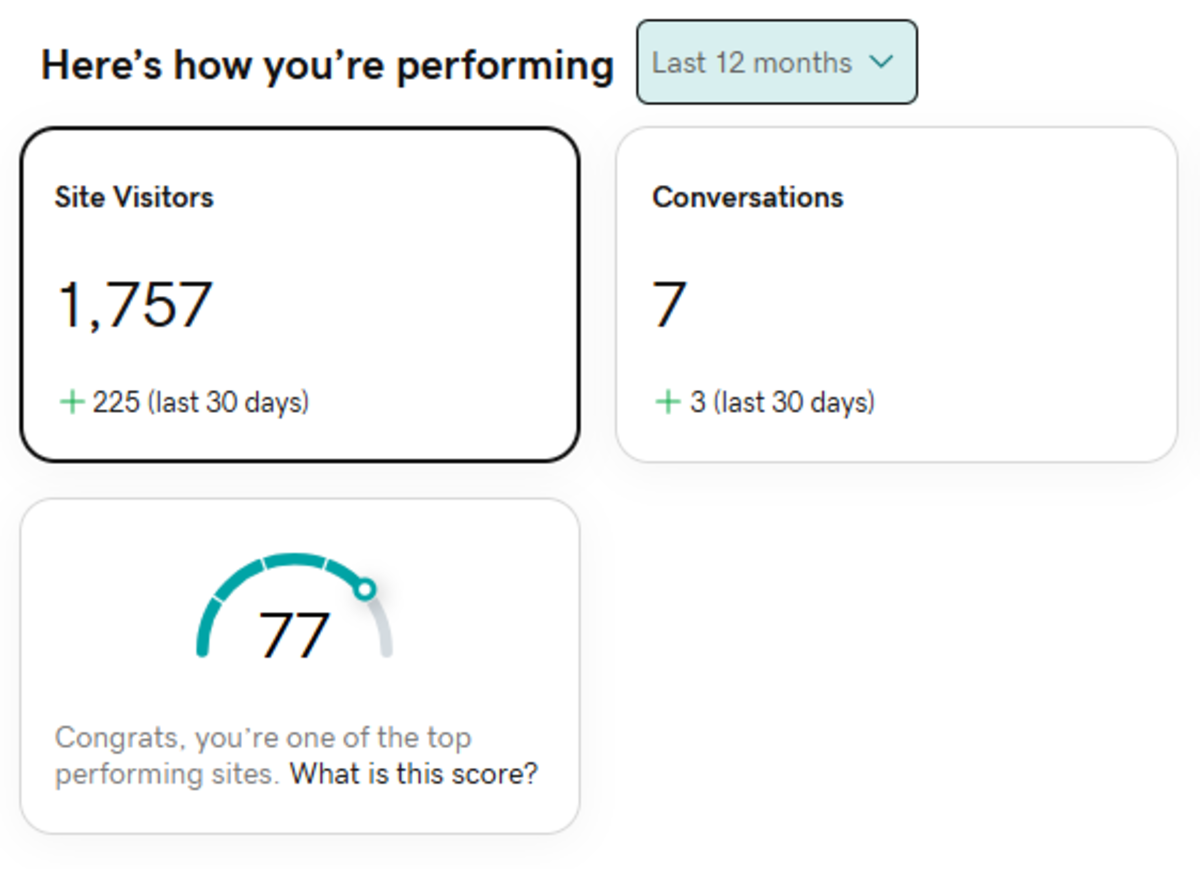So What is SEO Services? SEORETS? Are there Wordpress Plugins? What Realtors are Using RETS?

What exactly is SEO?
Search Engine Optimization, or SEO, is the process of improving the visibility of a website or webpage, in search engines, via the natural or organic search results. In layman’s terms, SEO makes your website or page appear at the top of the search engine results page (or SERP), therefore giving your site more traffic. More traffic means more business, and more business means more money. SEO can target many different search aspects, such as media (pictures, video, music, etc.), local searches, or even industry specific searches. When used for internet marketing, SEO considers how the search engines work, and take into account what people are searching for, as well as the keywords people are using to search for the product, and optimize that to make the selected media bring the most fruitful results.
Optimization may include editing content and HTML code as well as associated coding to increase its relevance to the keyword, and present itself as a more positive choice by the search engine, making your site or page appear in the top results. Search engines also index websites and pages, and positive SEO will garner positive indexing by search engines. The use of positive backlinks and other tactics are used to promote positive SEO.

How Does SEO Work?
Search Engine optimization is done by people who call themselves Search Engine Optimizers. Back in the mid-1990’s, search engines began indexing the first websites, and all that was needed to have your site indexed was to submit the information, and the engine would send a spider to crawl the page, and pull the links and index all return info. This happens by the spider downloading the webpage, and storing it on the search engines servers. From there, a secondary program, called a indexer, breaks down the website, and extracts info from it that it uses to index the website based off of the links associated to it, and other links linking back to the website. Site owners soon recognized the value of having there site the top of search engine results, and from this, SEO was formed, as a way to drive your site up to the top of the SERPs. Because of this, search engines are constantly changing and finding new ways to detect blackhat SEO, which is a fancy way of saying SEO that is essentially nothing more than spam, and harmful to your sites SEO in the long run. SEO’ers use positive, helpful, tactics in SEO to make the website more search engine friendly, and builds long lasting, positive relationships between your site and search engines, making the search engines “love” your site, giving you better results on your page on the SERP’s. Early search algorithms relied on the webmaster providing information such as keyword meta tags, but is considered very unreliable, because the meta tag provides information about each page’s content. Because of this, and other malicious practices to manipulate search engine results, search engines adapted to ensure that SERPs displayed only relevant information. This was no easy task, as the internet is constantly growing.
PageRank
This new system of SERP ranking, called PageRank, is an algorithm that rates the prominence of a webpage. Founded in 1998, Google let users freely surf the web, with ease, and provided some of the best results. No longer could you spam your way to top results, as Google’s algorithm system now could catch such acts, and would actually deliberately give such sites lower page ranking as punishment. Although Google is not perfect, and some spamming does still come through and influence page rank, most of white hat SEO (good SEO) is rewarded by better page ranking, as well as more traffic. By 2004, search engines were extremely advanced, with Google going from a college project to a full blown international website, and the leader in the search engine market, owning almost 80% of the market. Now days, search engines use incredibly complex algorithms to count links, and words, and take all the info off of pages and rate and index all of the content and assign a page rank. The good news is that Google is one of the more well written and understandable search engines out there, with new information about the search engine and how it works and new features coming out all the time, so that keeps SEO’ers very active trying all the new methods for SEO. Now even the smallest of shops can compete for business with the multi-million dollar giants. Now you can even rank higher than some of them provided you do your SEO right.

SEORETS
Ok, we know what SEO is, but what's SEORETS? SEO, as we found out, stands for Search Engine Optimization, and the RETS part stands for Real Estate Transaction Standards. The RETS is the common language spoken by computer systems that handle real estate info, such as MLS boards (or Multiple Listing Service Boards). RETS, just like other computer standards, is a language purposefully built for a speficic purpose, but has the same goal: to have all computers that have anything to do with real estate into “speak” to each other in the same language, allowing users to use the same computer program with any MLS that has adopted RETS. What this accomplishes is one universial language for real estate on the internet, and that common language is RETS. In order to work with any of the MLS boards, one must first use RETS to make your MLS data translate properly. Software developers and services like IDX sites use RETS, since they only have to learn one programing language, therefore reducing costs, increased products, and more competition as well as faster implementation of new systems, all directly benefiting the Real Estate community.
- What Can SEO Do For Me?
SEO or Search Engine Optimization is the art of making your webpage more search engine friendly and acquiring better results in the search engines results, therefore making your page higher on the list, giving you more traffic, and more revenue. - SEO RETS
SEO RETS is a WordPress real estate plugin that Integrates MLS IDX/RETS data into WordPress real estate websites and creates a page for each listing. - Search Engine Optimization (SEO) - Google.com
Check out our Search Engine Optimization Starter Guide! SEO is a big decision that can potentially improve your site and save time, but you can also risk damage to your site and reputation. - Search engine optimization - Wikipedia, the free encyclopedia
Search Engine Optimization on Wikipeida.org - SEO Services, Web Design, Internet Marketing
Data driven Advanced Online Strategies offers Destin SEO Services, web design, SEM and Internet Marketing in Destin, Ft Walton, Niceville, Panama City.








